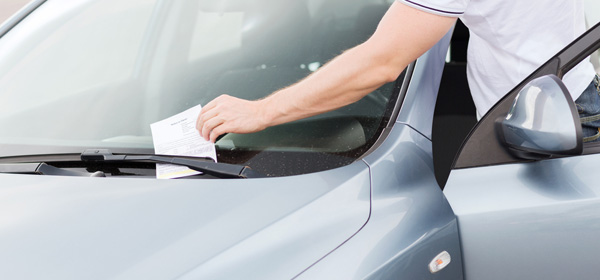Navigating the maze of private parking lots can be a headache for any driver, especially when you’re greeted with an unexpected ‘fine’ tucked under your windscreen wiper. It’s a situation that can sour the end of a shopping trip or a day out, leaving many Australians wondering whether they’re legally obliged to pay these charges. But before you open your wallet, it’s crucial to understand what the law says about private parking fines and your rights as a consumer.
Firstly, let’s clear up a common misconception: private companies do not have the authority to issue fines in the same way that councils and courts do. What they can do, however, is issue a claim for damages, often presented as a ‘ticket’ or ‘charge’ for breaching the terms of a parking contract. When you enter a private car park and take a ticket or agree to the terms online, you are entering into a contract with the owner, as explained by contract law expert Dr. Rosemary Gibson from the University of Queensland.
This contract may include conditions such as a time limit for parking, the requirement to display your ticket, or restrictions on where you can park. If you fail to adhere to these terms, the car park owner can claim damages, which is often the amount specified on the ‘ticket’ you find on your car.
But here’s where it gets interesting: under Queensland law, and indeed in many other jurisdictions, these private companies cannot misrepresent these charges as fines. They also can’t threaten customers or misrepresent their rights to payment. In fact, in Queensland, since February 2023, companies have been prohibited from accessing a customer’s personal details from their car registration, which has put a stop to intimidating demands via mail or phone.
If you do receive a ticket from a private car park and you believe the amount charged is ‘grossly excessive’ or the terms were not clear, you may have grounds to contest it. The Australian Consumer Law protects consumers against unfair contract terms. If a term is deemed unnecessary for the business to protect its legitimate interests or if it wasn’t presented clearly at the time the contract was made, it could be considered void.
So, what should you do if you find yourself holding a private parking ticket that you believe is unfair? Before you pay anything, take a moment to review the terms you agreed to when you entered the car park. Were they clearly displayed? Were you aware of the potential charges? If you feel that the terms were not reasonable or were not adequately communicated, you might want to refer the matter to the Queensland Office of Fair Trading or the equivalent consumer protection agency in your state.
Remember, while a private company can take you to court over unpaid tickets, the cost of legal proceedings often outweighs the charge itself, making it an unlikely course of action. However, if you do ignore a ticket and the matter is taken to court, you could be liable for the charge and the company’s legal fees if you lose.
In conclusion, while the convenience of private car parks is undeniable, it’s essential to be aware of the terms you’re agreeing to when you use them. If you’re faced with a private parking ticket, don’t automatically assume you have to pay it. Check the terms, consider the fairness, and know your rights. If in doubt, seek advice from consumer protection agencies. They’re there to help ensure that the scales of justice aren’t unfairly tipped against you.
Have you ever received a private parking ticket? What steps did you take to resolve the situation? We’d love to hear your experiences and any tips you have to help others navigate similar situations. Share your thoughts in the comments below!
Also read: Industry merger raises concerns about parking fee increases

